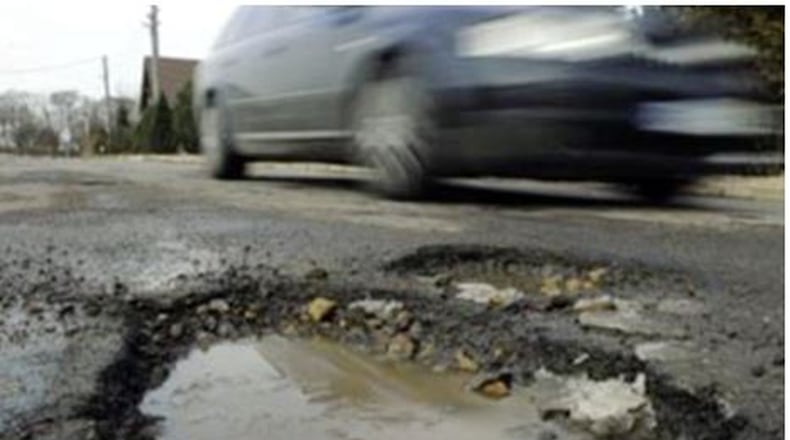That 3.9 mills, plus the amount the city is expected to receive from Ohio’s additional gas tax, would reap the same $3.7 million per year as the city had expected to reap from the 4.9-mill levy, which would have cost the owner of a $100,000 home about $175 per year.
“We said before we were going to consider that, and that was the thought process,” Whalen said. “It’s still not enough money” to do all the work that is needed on Hamilton’s streets, he said.
The issue came up Wednesday before Hamilton City Council after resident Dan Hancock said he believes Hamilton should consider — as Butler County may — raising the license-plate tax as a way to pay for street repairs.
“Instead of taxing the property owners, it’d be a lot better to tax an extra $10 or $15 on the license plate to repair the roads that need to be done,” Hancock said. “It would be more fair to raise that.”
Mayor Pat Moeller told Hancock, “We have had some serious discussion about the license-fee that you’re talking about. It’s in the discussion stage. It’s in the investigation stage.”
City Manager Joshua Smith, however, said such a fee wouldn’t generate much money for the city.
“I believe if we do the same thing that the county said yesterday or today that they would like to do, that $5 additional fee, if council passes an ordinance and it goes through, that would generate roughly $300,000 a year more,” Smith said.
But, he added, “For us to get our roads into, call it average or better-than-poor condition, we’re probably looking at spending $10 million a year?” he asked city Engineer Rich Engle, who agreed with that figure. “So, you can see, that would cover a very small piece of that,” Smith told Hancock.
Smith also told Hancock that even if voters approve the levy next year, “We would still have a shortfall in the revenue that we believe we need to get all the streets up to a good condition.”
Hancock told officials, “You have a lot of people in the city that are retired and that, and the retirees, most of them will vote it down, your property tax, because they can’t afford a raise for the property because they’re limited on the amount of money that they get for their pensions.”
Moeller said the levy campaign plans a public education campaign to explain the need.
About the Author
